Australia’s Indigenous people were not ‘rejected’ by the rejection of the Voice referendum, despite what elites in the Teal-Green belt think.
There’s never been more goodwill towards Aboriginal and Torres Strait Islanders.
But a radical constitutional change based on the false premise that the nation is illegitimate and continues to wilfully and wickedly oppress Indigenous people was trounced.
What’s clear is that the wealthiest parts of Australia – the inner cities of Brisbane, Sydney, and Melbourne plus the North Shore of Sydney and the entire ACT – are the only ones who believe this narrative.
The radical left’s latest attempt to impose identity politics based on a divisive cultural-Marxist ideology of oppressor versus victim classes was rejected, not by the bourgeoisie, but by the equivalent of today’s proletariat.
This toxic ideology permeates too much of our public discourse, including (and especially) gender, climate, and sexuality issues.
Suburban and regional Australia rejected being dictated to by the Teal-Green postcodes of privileged elites who work for Woke corporates or government.
Would we see a similar voter revolt in a referendum on Net Zero or gender-fluid ideology being taught in schools?
The political class, which includes too many ‘moderate’ Liberals, needs to start listening to mainstream Australia.
Australians are looking for a positive narrative for the nation, one that disavows the Woke virtue signalling of the privileged for whom cost is no issue.
Australians worked out that the Voice was no ‘modest proposal’, they knew their country was not structurally racist and that a constitutionally enshrined Voice was not the only way to help people they care about.
In defeat, Prime Minister Anthony Albanese, Deputy Prime Minister Richard Marles, and Foreign Minister Penny Wong quickly pivoted in their rhetoric to now acknowledge that people on both sides were just as committed to the ongoing welfare of disadvantaged Indigenous Australians.
‘No one voted against closing the gap. No one campaigned against listening,’ Wong said, in spite of the barrage of pre-referendum messaging to the contrary of the ‘Yes’ campaign.
This was also in stark contrast to the Prime Minister’s referendum-eve appeal to vote out of ‘kindness’, the implication being ‘No’ voters were unkind to Aboriginal and Torres Strait Islanders.
Mainstream Australians did not take kindly to being told throughout the campaign that they needed to ‘find it in their hearts’ to ‘do the right thing’, as if they were bad people – which they are not.
Re-sheathing the sword of these divisive and offensive imputations is welcome and of course, was necessary if the Albanese government is to rebuild trust.
Prominent ‘Yes’ campaigners such as Marcia Langton had even gone so far as to say ‘No’ voters were motivated by racism.
Who can forget Ray Martin calling us ‘dickheads’ and dinosaurs?
But as one of the key leaders of the ‘No’ campaign, Jacinta Nampajinpa Price said last night:
‘We are absolutely not a racist country. We are one of, if not the, greatest nations on the face of the Earth. And it’s time for Australians to believe that once again.’
She called for an end to the politics of ‘grievance’.
Practical results need to begin with a clear-eyed assessment of where we are and what has worked and what has failed.
These might include such measures as a Royal Commission into the sexual abuse of children in Indigenous communities and an audit of Indigenous bodies which collectively receive billions of dollars per year in taxpayers’ money.
Despite Voice architect Noel Pearson claiming there was ‘no plan B’, it was clear last night both the government and opposition were determined to work together on finding solutions to Indigenous disadvantage. That is a good thing.
There’s no short-term fix. But a bi-partisan committee should be established to devise a long-term plan to address the housing, employment and education crisis in remote communities.
The priorities former Prime Minister Tony Abbott always advocates: getting kids to school, adults to work, and stopping the abuse of girls and women should be the focus of such a bi-partisan committee.
But doing this without a power structure locked into the Constitution doesn’t suit the narrative of the Indigenous elites like Pearson, Langton, Patrick Dodson, and Megan Davis who preferred to see the root cause of Aboriginal disadvantage lying in the supposed inter-generational trauma caused by colonisation.
No one says Australia was perfectly colonised.
But continually implying that everyone who has come since 1788 is a lesser person and seeking to impose vindictive reparations when Australians already bend over backwards to the tune of more than $30 billion per year to help 3 per cent of the population is divisive and wrong.
Somehow our elites thought a treaty, reparations, and a form of Indigenous sovereignty as outlined in the Uluru Statement from the Heart would achieve better outcomes.
Australians have not rejected the pursuit of better outcomes but they have rejected the idea that they are illegitimate citizens of Australia and that constitutional Indigenous separatism is necessary.
Australians wanted to vote for recognition of Aboriginal and Torres Strait Islanders but sadly Albanese and the Indigenous elite tied it to the imposition of a new chapter in the Constitution providing ill-defined powers with unknown consequences.
The Voice had strongest support in Australia’s wealthiest suburbs closest to the CBDs of Brisbane, Sydney, and Melbourne – and of course in the enclave of Canberra which again proved how disconnected it is from the mainstream.
But with more than 60 per cent of the nation attracted to the positive vision for black and white Australians to walk together outlined by Price and her colleague Warren Nyunggai Mundine, what has been seen as a divisive episode may turn out to be more uniting than any of us dreamt.
Lyle Shelton is National Director of the Family First Party.
Got something to add? Join the discussion and comment below.
Get 10 issues for just $10
Subscribe to The Spectator Australia today for the next 10 magazine issues, plus full online access, for just $10.

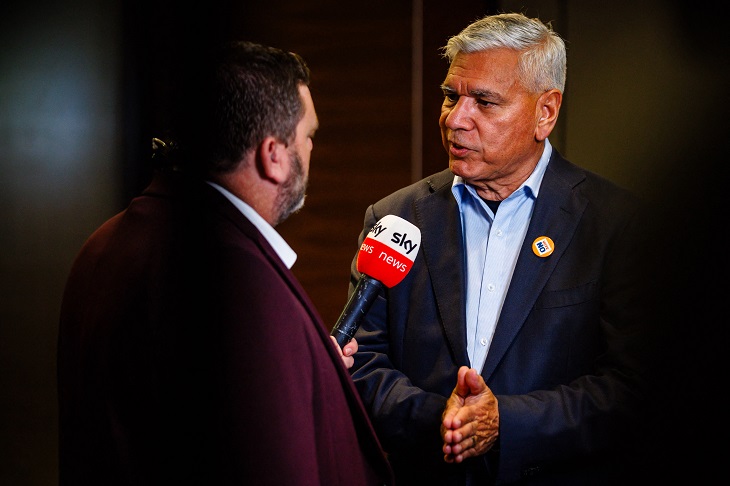
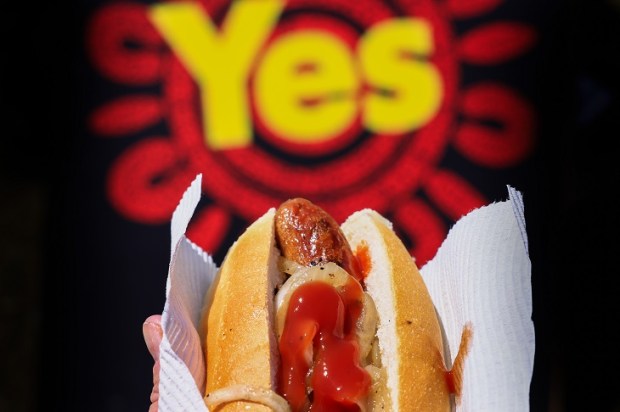
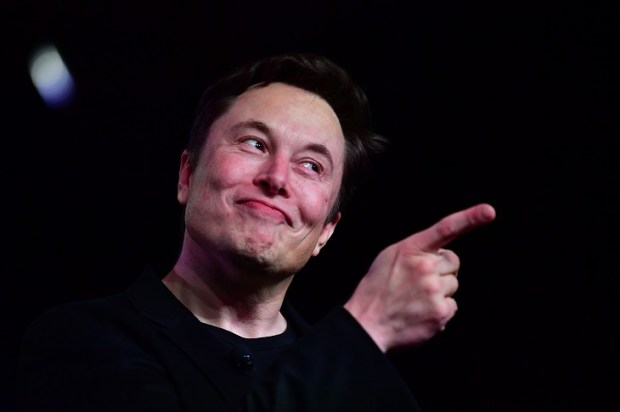
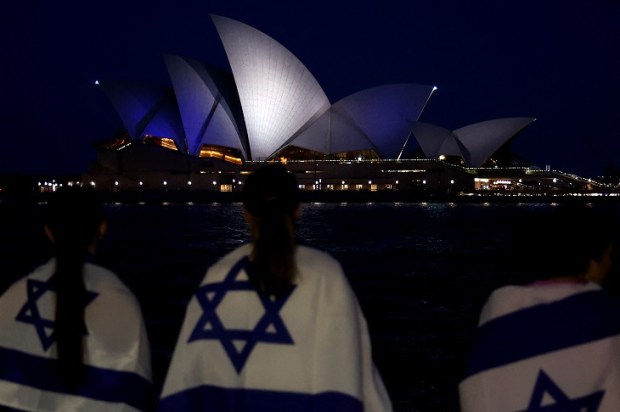
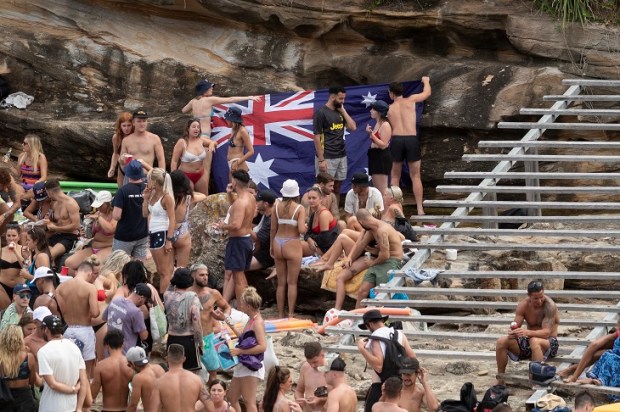

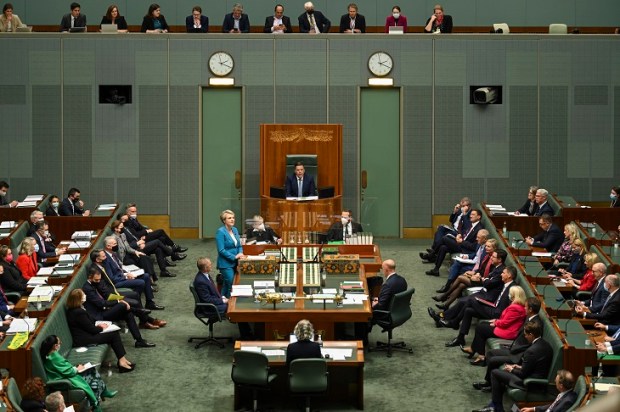


















Comments
Don't miss out
Join the conversation with other Spectator Australia readers. Subscribe to leave a comment.
SUBSCRIBEAlready a subscriber? Log in